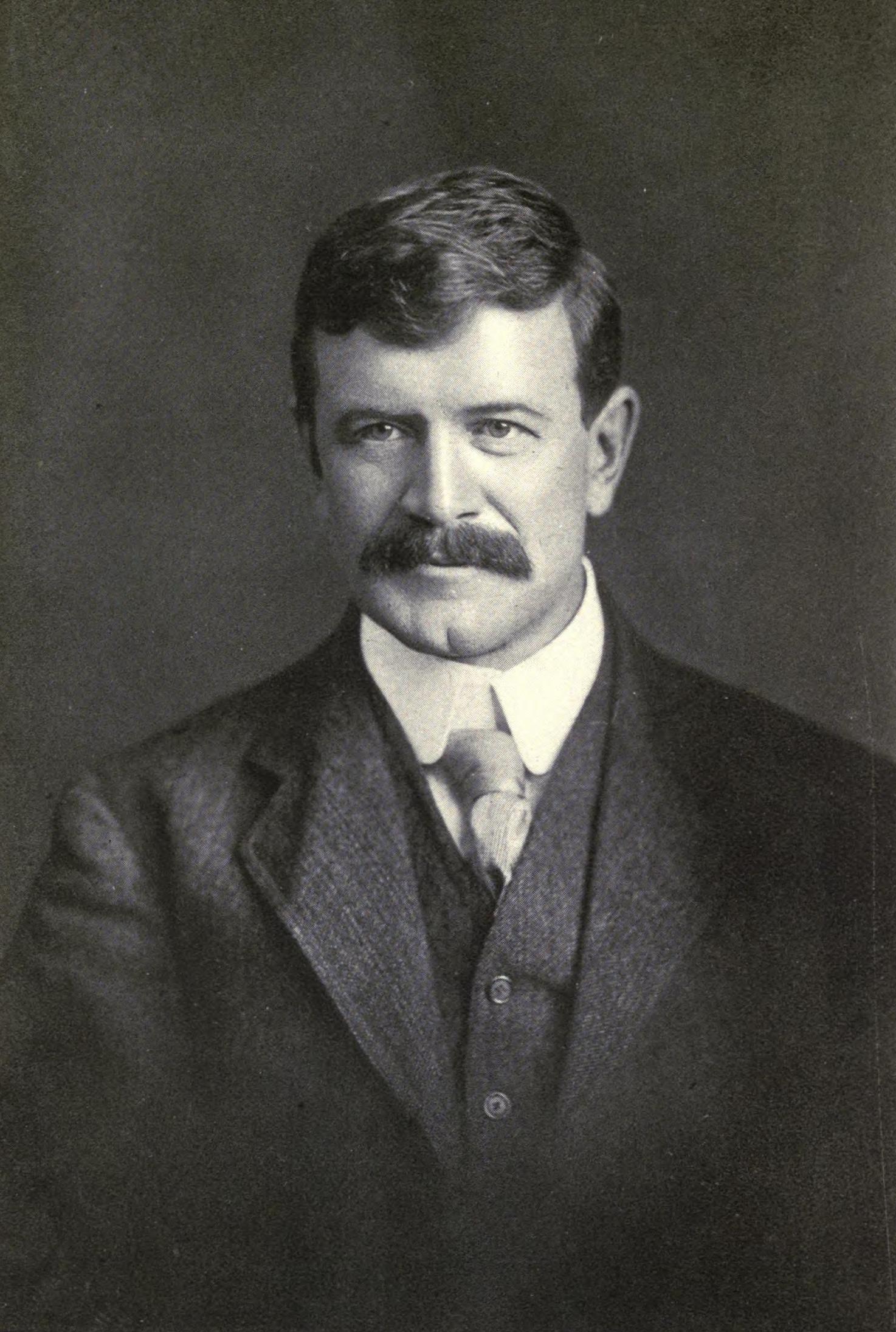 I’m so glad people are enjoying these posts – I was a bit worried the flurry would get a little much. And I think today’s is among the longest I’ve read this week – I hadn’t realised quite how many words were on each of the 180 pages. The book in question is The Other Mitford: Pamela’s Story (2012) by Diana Alexander, given to me for my birthday last year by my friend Malie.
I’m so glad people are enjoying these posts – I was a bit worried the flurry would get a little much. And I think today’s is among the longest I’ve read this week – I hadn’t realised quite how many words were on each of the 180 pages. The book in question is The Other Mitford: Pamela’s Story (2012) by Diana Alexander, given to me for my birthday last year by my friend Malie.
My Mitford mania started back in 2008, when I read the collection of letters between the sisters – still one of my favourite books. Since then, I’ve read bits and pieces by many of them, though never actually any of those long books devoted to all the family. Still, the details are ingrained in my mind – Nancy the novelist, Diana the Fascist, Jessica the Communist, Unity the Nazi, and Debo the Duchess. In the background, quieter the rest, is ‘the other Mitford’ – Pamela, who was a countrywoman at heart.
The Other Mitford is very engagingly written, and it certainly helps that the author knew Pamela personally (initially as her cleaner, and then as her friend). I really enjoyed it – but the structure is odd. Huge amounts are about the other sisters, often having a chapter about them followed by a chapter looking at Pamela during the same period. It’s useful for those who haven’t read anything about the Mitford sisters before, but a little redundant for those who have. And then there are a handful of chapters at the end which look at different aspects of Pamela’s personality – which means there are some aspects of her life that end up being repeated three times.
Throughout it all, or almost all, Pamela remains elusive. I still don’t feel like I know very much about her, and crisis moments like the break up of her marriage to Derek Jackson pass by in a line or two. Only when she is an old woman, and Diana Alexander knew her personally, does she really become truly vivid – as a thrify, kindly, stubborn grande dame of the village. The book is worth reading for those sections alone – but, as I say, enjoyable throughout. I just wish it had been a bit more about Pamela who, even here in her own book, remains rather overshadowed by her more dramatic sisters.







